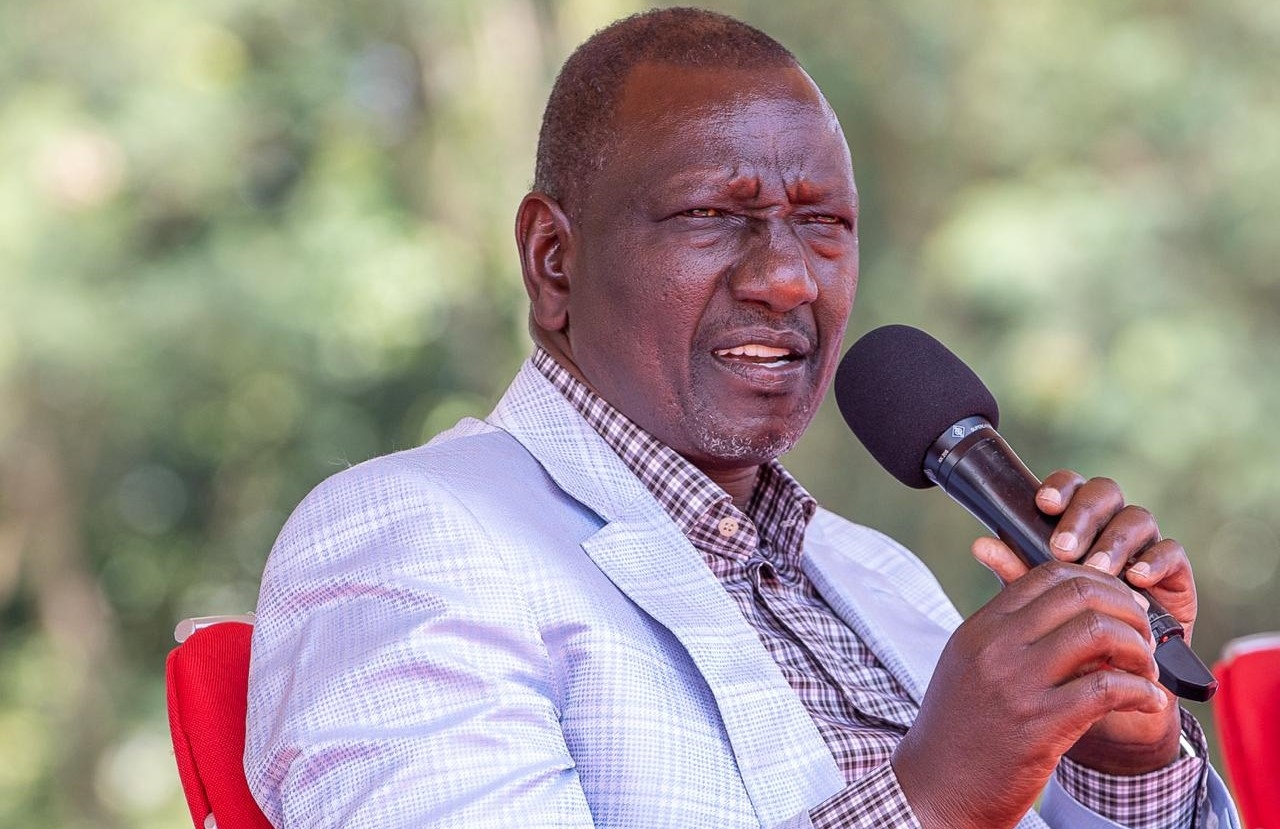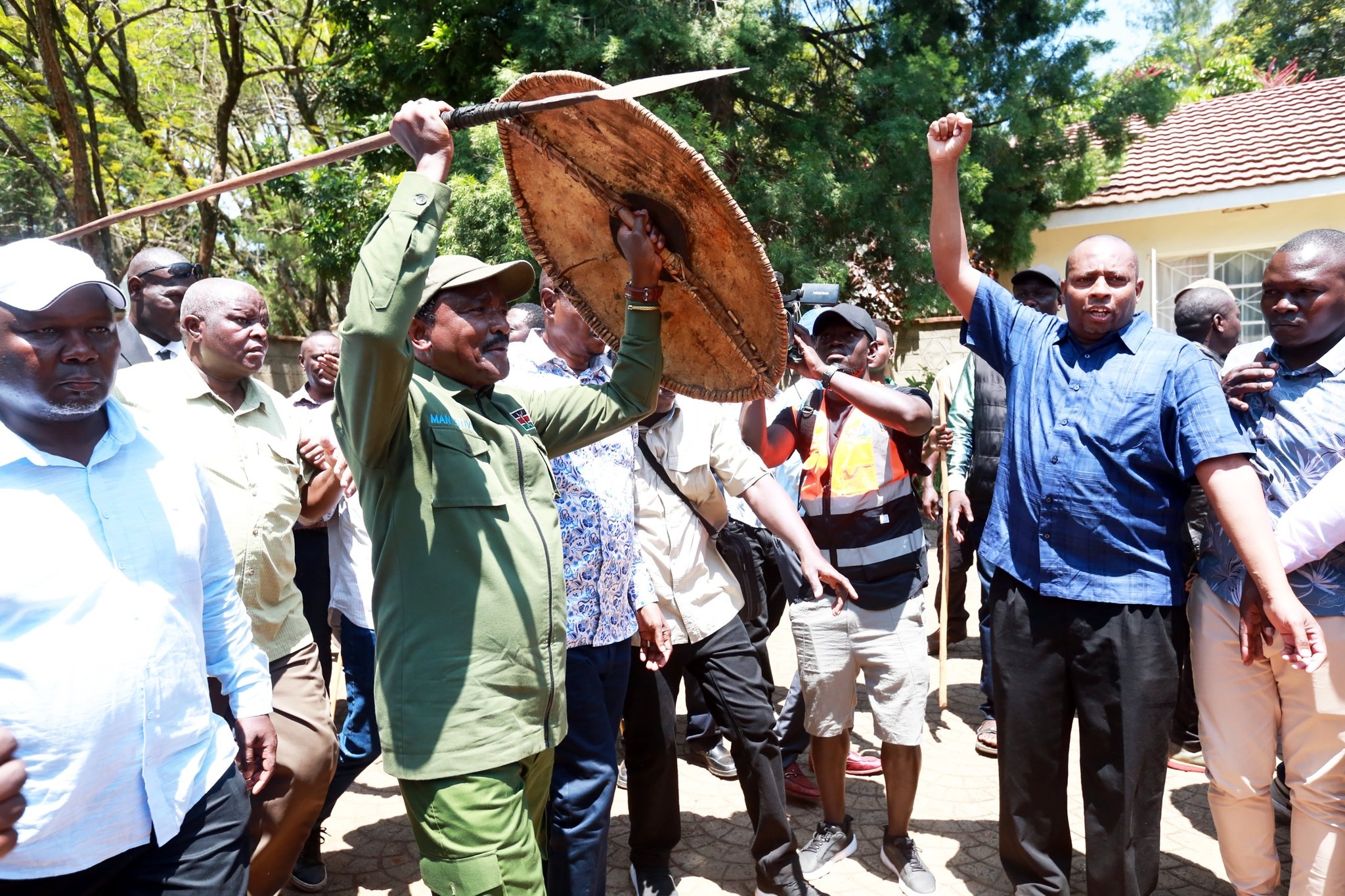
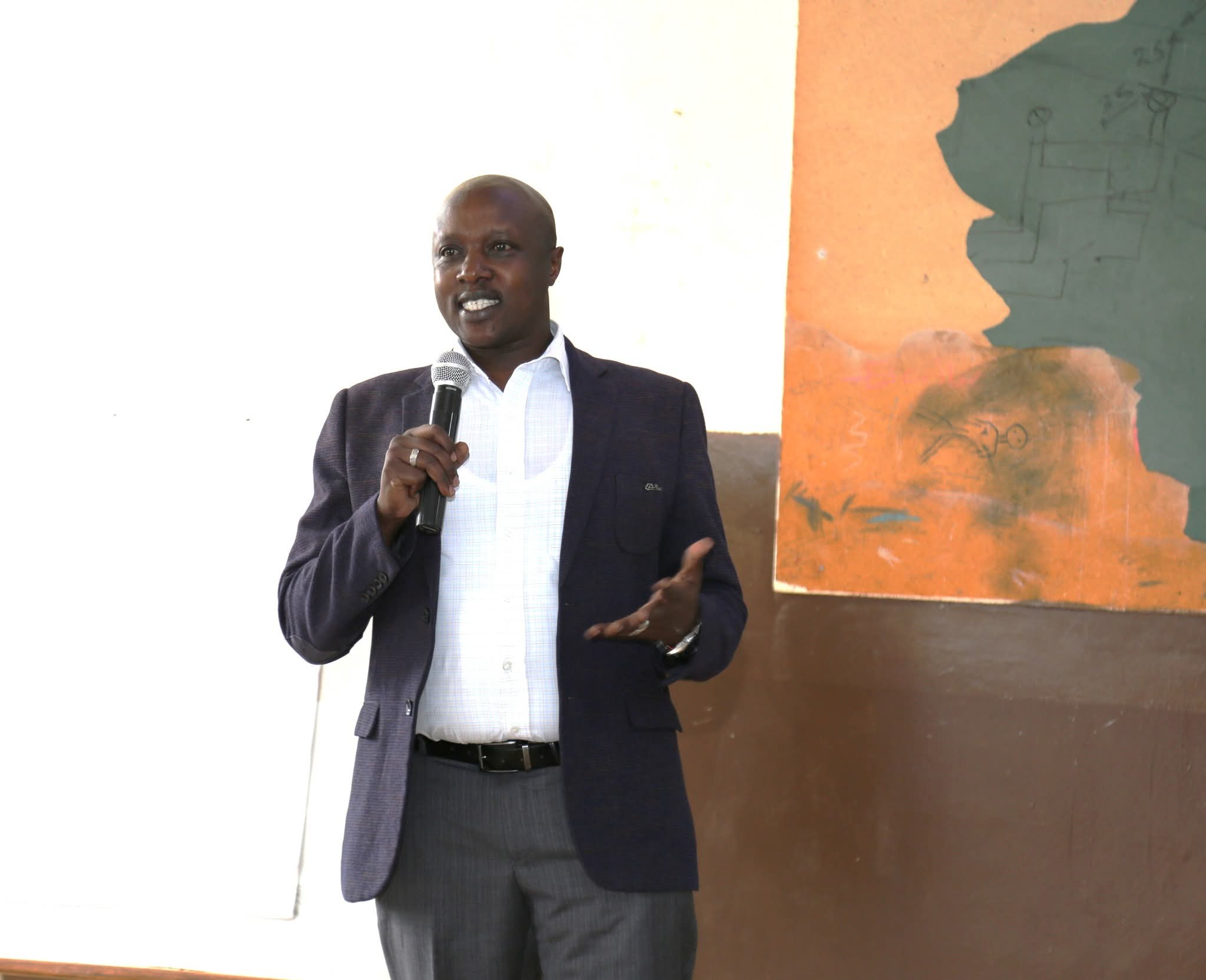
The Energy and Petroleum Regulatory Authority is conducting public participation forums on seven new draft petroleum regulations aimed at streamlining the sector.
The authority is conducting the exercise in Meru, Isiolo, Marsabit, Tharaka Nithi, Embu, Laikipia and Samburu counties.
Epra director general Daniel Kiptoo said the new laws will ensure sustainable management of the country's oil resources.
Speaking during a forum at Meru National Polytechnic, Kiptoo emphasised the importance of public input in shaping the regulatory framework.
“These regulations are crucial in guiding petroleum exploration and ensuring the country avoids the pitfalls experienced in other oil-rich African nations like Sudan and Nigeria, where resource mismanagement has led to conflict," he said.
He said the government plans to ensure that Kenyans fully benefit from the country’s petroleum resources.
The draft regulations cover key aspects of the upstream and midstream petroleum sectors, including land acquisition, licensing and insurance, cost management, environmental conservation, health and safety, disposal and risk assessment, equipment handling and treatment.
Participants were briefed on the objectives, penalties, and permit costs under each regulation.
The seven draft regulations under review are the Petroleum (Upstream Petroleum Access to Land) Regulations, 2025, Petroleum (Upstream Petroleum Management and Administration) Regulations, 2025 and the Petroleum (Midstream Crude Oil and Natural Gas Pipeline and Storage Operations) Regulations, 2025.
Others include the Petroleum (Upstream and Midstream Environment, Health and Safety) Regulations, 2025, the Petroleum (Local Content) Regulations, 2025, the Petroleum (Upstream Petroleum Operations) Regulations, 2025 and the Petroleum (Upstream Petroleum Cost Management) Regulations, 2025.
Kiptoo reiterated that the government is committed to undertaking exploration and eventual production of Kenya’s estimated 93 billion barrels of oil, with Epra playing a key role in establishing a transparent, accountable, and investor-friendly regulatory framework.
"These regulations are anchored in the Petroleum Act, which governs petroleum contracting, exploration, development, production, and cessation of upstream operations," the director general said.
He added that the Act also provides for the negotiation of production-sharing contracts between oil companies and the government through the Cabinet Secretary for Petroleum.
He highlighted that Epra operates under the Energy Act and is tasked with regulating all aspects of the petroleum value chain from exploration, production and transportation to sale.
Kenya started exploring oil production in 2012 in Turkana and about 200,000 barrels of oil were transported by road from Turkana to Mombasa for testing but commercial production delayed as the project suffered numerous challenges.
The government allocated Sh1.67 billion in the 2024-2025 financial year to support research, feasibility studies and the Lokichar-Lamu crude oil pipeline and the South Lokichar oil field development.
The pipeline will channel crude oil to the port of Mombasa for export.





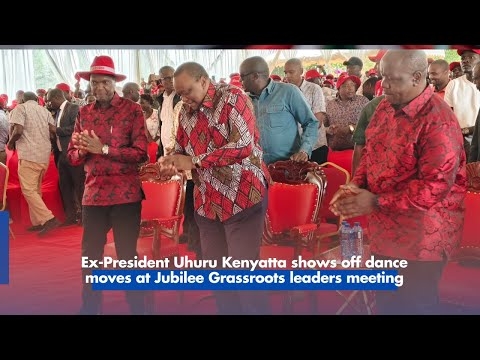

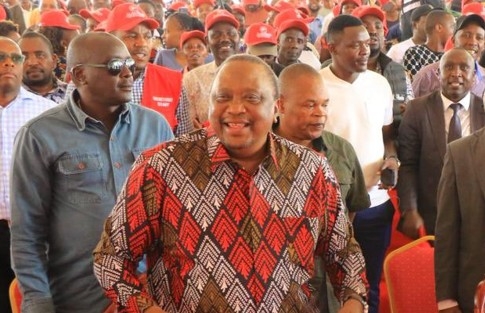
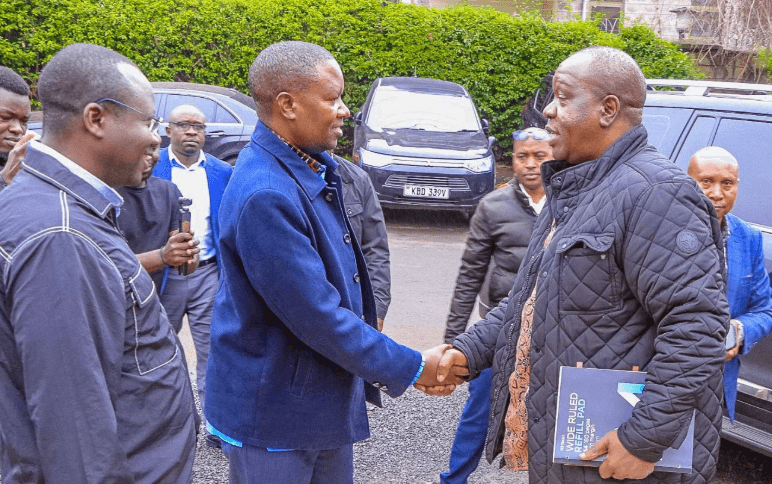

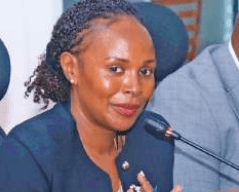


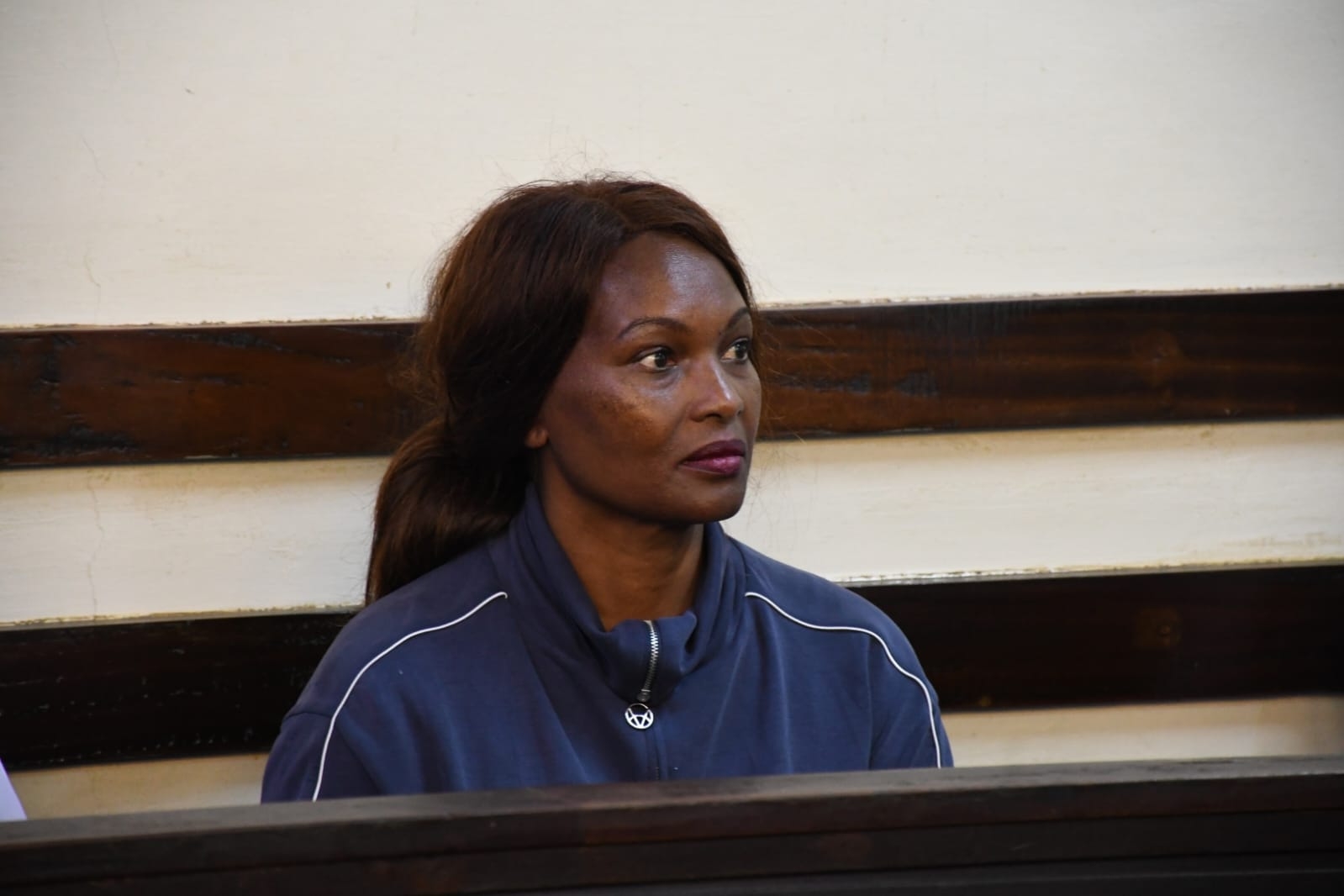
![[PHOTOS] Uhuru leads Jubilee grassroots meeting in Murang’a](/_next/image?url=https%3A%2F%2Fcdn.radioafrica.digital%2Fimage%2F2025%2F11%2F0b2a49cd-52fb-4a92-b9dc-26e253825a4a.jpeg&w=3840&q=100)
